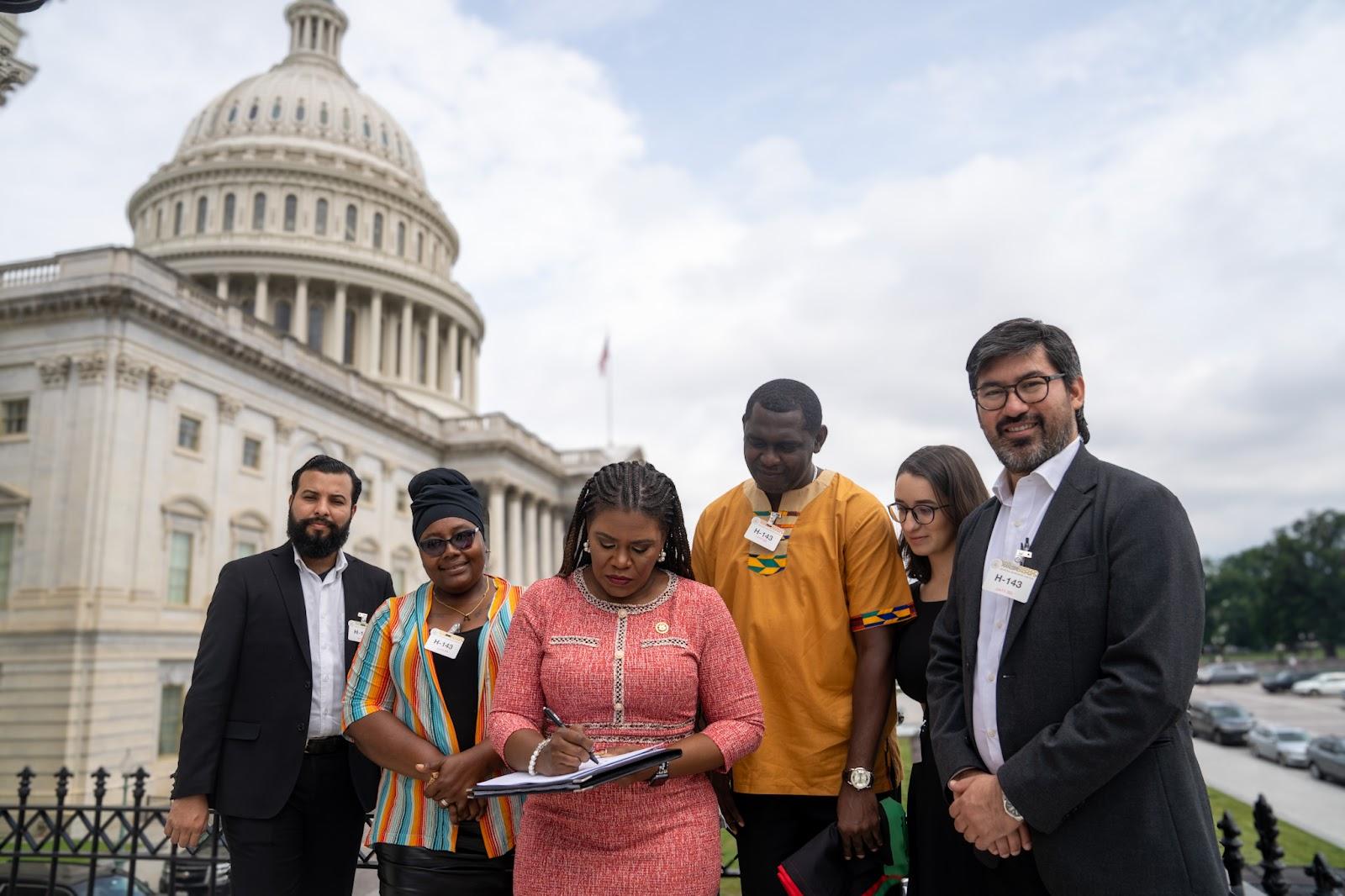Cultural and territorial rights of the Afro-descendant Indigenous Garífuna people along the Atlantic coast of Honduras are under attack.
Starting in 2003, OFRANEH (Black Fraternal Organization of Honduras) began filing several cases with the Inter-American Commission on Human Rights (based in Washington, DC) and the Inter-American Court of Human Rights (based in San Jose, Costa Rica) for their government’s violation of its cultural and territorial rights. When OFRANEH got their first favorable ruling in 2015, they weren’t exactly hopeful that the administration of the narco-dictator President Juan Orlando Hernández would do anything. But after President Castro, of the left-leaning LIBRE party, took office in January 2022, they did expect advancement of their cause.
A big stumbling block is that the communities that won their cases in the Inter-American Court (2015: Triunfo de la Cruz and Punta Piedra; 2023: San Juan) are fighting private corporations and foreign investors who have a lot at stake. Some have already illegally usurped lands and built tourist resorts. It will be tricky to figure out how to return ancestral lands to the Garífuna people and compensate the companies and investors for their losses. Also at stake is the very security of Garífuna communities. Since Garífuna leaders have become more vocal after the 2015 ruling, the persecution against them has increased—surveillance, intimidation, violence, criminalization.
During the first week of June 2024, a delegation of Garífuna leaders with OFRANEH are visiting US legislators on Capitol Hill to gain support for a US House resolution to affirm the rights of the Garífuna people.
You can read the press release from Rep. Cori Bush who introduced the resolution here.


